

January 7, 2021
Most people don’t expect to build their first home, they enter the home search prepared to purchase an existing home. There is a stigma surrounding the new home construction process, that it can be mentally and financially overwhelming, which can be true but with the right home builder it won’t be.
When it comes to the real estate market in Utah, you may notice a large divide in price without being able to find a middle ground. Every once in a while a nice, moderately priced home will show up on the market but more than often you’ll find older run-down homes often in need of some major repairs and then recently built or newly-constructed homes. Teetering on the fence between spending a little more up front on a new build or purchasing a fixer upper? We encourage you to invest in a new home, the home of your dreams will always be in your best interest in the long run.
The builder can make or break the home building experience for your family, if you choose wisely the experience will go smoothly with limited stress or hiccups. Any builder will admit that not everyone will always have a seamless experience but with optimized project management practices, it’s more straightforward than ever to build a home. And the process can be streamlined even further with plenty of planning, flexibility and decisiveness on the part of the homebuyer.
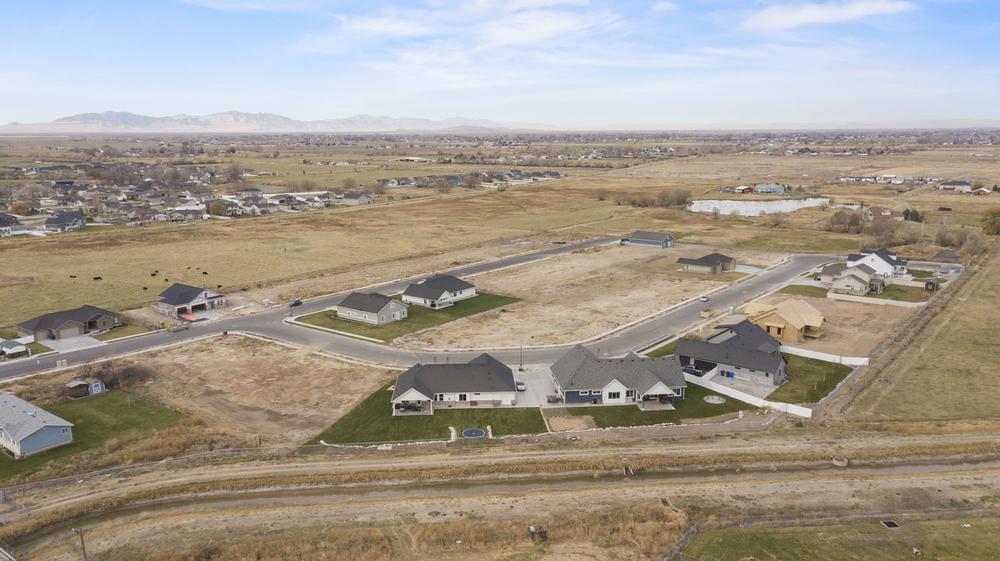
Before you contact a builder or buy a lot, sit down and really think about what it is you’re looking for in your new home. Take the time to research, make lists and go through the ideal home search process with your partner and if comfortable, a real estate agent. Jumping into a build without proper planning or much forethought could potentially lead to complications down the line. Below are eight things experts recommend weighing before you commit:
1. Price Point
Some developers build in a wide range of price points and housing options while others specialize in economy, luxury or other niches. Start with finding the community or neighborhood that you would like to live in then pinpoint builders in that area based on your desired price point. Builders tend to market towards specific market niches, find the builder that is showcasing the affordability or lifestyle you have envisioned for your dream home.
2. House Plans & Design Needs
When you picture your new home what do you envision? What features was your old home, condo, apartment missing that are critical in your dream home? Most of the time people are looking for bigger and better than their previous home but sometimes life changes and you just want something different. Start by establishing a baseline for what your home needs to have to work for you, then once you begin budgeting you can begin adding in wants. Through the process of evaluation plans and design, you may find that some of your needs were wants that you can go without.
We recommend visiting model homes, searching the internet and talking to trusted sources to help you gauge priorities in terms of:
- Flooring Styles
- Lighting Styles
- Kitchen Layout
- Laundry & Bath Amenities
- Appliances, Cabinets and Countertops
- Layout and Flow
- Home Office
- Bonus Space or Family Rooms
- Gathering and Entertaining Areas
- Exterior Spaces
- Garage
- Fireplaces
- Landscaping
The list can go on and on when designing your brand new home, but these are all things to consider when budgeting to determine your needs versus wants.
3. Location, Location, Location
Whether you’re buying land for a custom home build or opting for a home in an existing master-planned community, location is just as key as it would be if you were purchasing an existing home. Research schools, property taxes, the feel of neighborhoods, commute times and proximity to restaurants and other amenities.
4. DIY or Hire a Pro
Are you comfortable doing home projects on your own or would you prefer to hire a professional? It’s important to be realistic on your comfort level when it comes to DIY projects at home, sure you can save money but if you push your limits you may end up needing to spend more than you bargained for in the long run. Consider opting for adding in landscaping or that dream patio when financing your home, DIY projects can become costly when paid for out of pocket versus tied into your mortgage.
Also assess your DIY comfort level with finances and contractor tasks. While you can act as general contractor for a custom home build on property that you own (bringing on a design-build company or enlisting your own separate architect and builder), the average homeowner may not be prepared to deal with the management and minutiae of a new construction.
5. Land Logistics
Will you purchase a lot yourself to build on, or will you have a builder construct your home on land they already have purchased? Working with an established builder who already owns lots along with project managers, designers, and architects on hand to guide you along the way can help minimize headaches during the build process. By streamlining the process you will be ensured that your lot is utility ready and build ready. Opting for builder-owned land may grant you access to better financing options as well.
While it varies by area, it’s become more expensive to have your own land and build on it due to the economy of scale you will find in a housing community. Developing a property in a community lends you the advantage of applying those costs over many more lots.
6. Custom or Production
The type of home and builder you choose will affect the timeline, cost and ease of building your new home. Before you can select a builder, you’ll need to decide whether you prefer to select from an existing system of plans and finishing packages, or if it’s worth the extra costs and hands-on decision making to customize your home from the ground up.
7. Flexible Timeline
From your first contact with a builder up to the closing date timing can range from four to six months but it's important to factor in extra time in the event of delays. Where will you live while construction is completed and are you prepared if it goes longer than planned? Flexibility and a comfortable place to stay while you wait out your build is essential to making the process less stressful. If you find yourself in a situation where you can't wait for a home to be constructed, some home builders offer quick move-in options with homes they already have in construction.
8. Figure out the Financing
Getting pre-qualified for your new construction mortgage or a self-build construction loan if you are acting as your own general contractor ahead of time is critical. Spend time researching your options in loans or speak to an advisor to make sure you can get the best mortgage when you're building your own home.
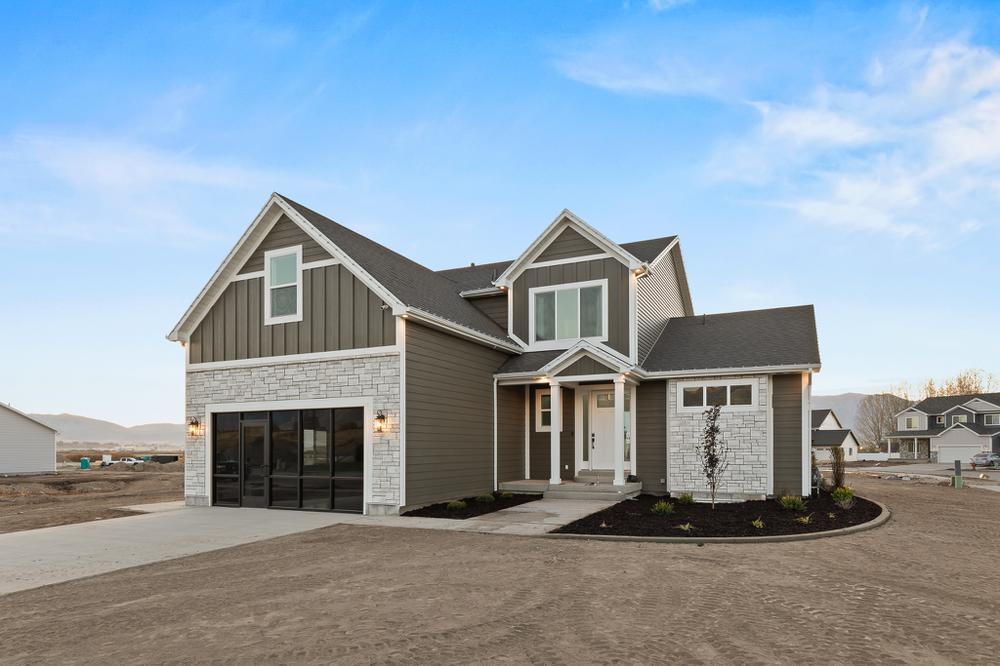
The first step to finding the right builder is to decide whether you need a custom or production builder. No matter the type, the right builder will make the planning and building process as smooth as possible. In addition to researching builder plans, speaking with a real estate agent and visiting model homes, we recommend looking through online reviews or talking to homeowners who have chosen a specific builder to find a good match. We have compiled a list of questions to help save yourself time and stress when choosing the right home builder but let's start by establishing the difference between the two:
Custom builders create completely unique homes designed from scratch, often with an in-house designer and architect. The buyer collaborates with the firm on the entire process, from blueprints to build process.
When working with a production builder you’ll choose from a set catalog of pre-designed plans, styles and fixture packages. Thanks to these companies’ efficiencies, and the higher volume of homes being produced, production builders typically have more fixed costs and quicker build times. Choices will be more limited than in a custom build, but there will always be plenty of customization options.
Do they build in my desired location?
A larger custom builder likely will offer many options, but production or small builders may have a more limited geographic range.
How much flexibility do I need?
Different builders will offer varying levels of customization and the choices may vary depending on home location and builder size.
How do I evaluate value?
Beyond simply being comfortable with price, do you feel like you are getting what you paid for? Try not to conflate that with getting exactly what you want, it’s important that you find the value in the price point you have chosen.
What is the design process like?
Every builder is different, so ask about the design selection process up front to avoid surprises later. The internet can be your greatest friend prior to entering the design phase, browse around to see what styles, textures, options and different lifestyles you are hoping to achieve in your home. Knowing what home designs you want or at least having an idea of what you’d like will help make the design process less overwhelming.
Do they offer quality products?
Learn about the fixture and appliance manufacturers that the builder works with and do some comparison shopping beforehand.
Do I trust the builder?
At the end of the day, going with your gut may mean a smoother planning process and a better outcome.
Does the builder stand behind what they're providing?
Read testimonials and reviews, ask for references and don’t be afraid to ask a lot of questions up front.
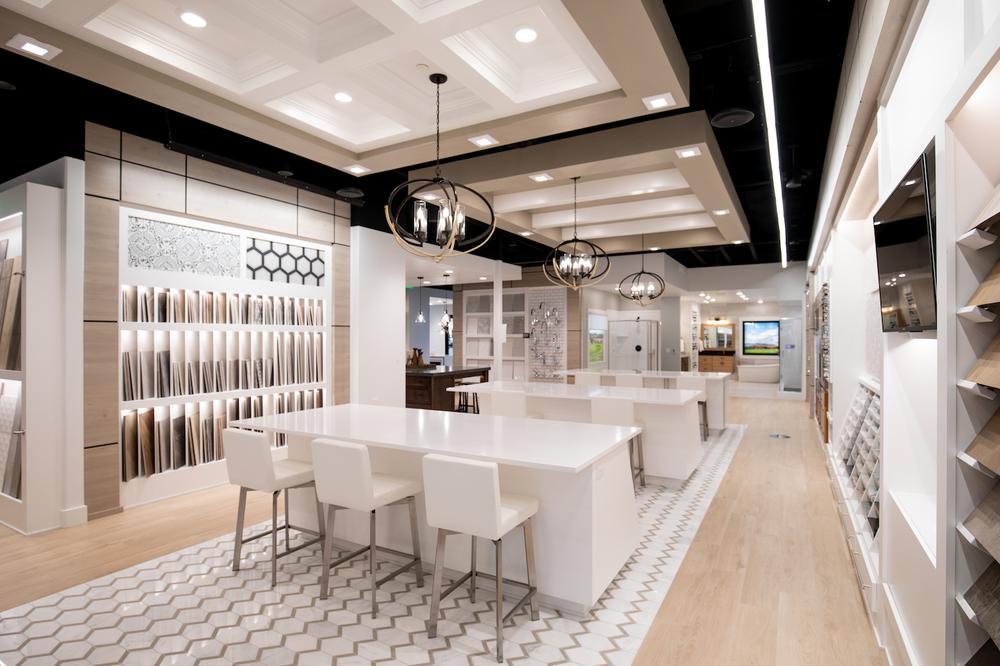
This phase of homebuilding, where you’ll select design elements, finishing touches and upgrades for your dream home, will be exciting to most but could become daunting to some. This all depends on your builder’s process, your patience level and your decision-making style, but we believe a good builder will make it all as painless as possible.
The amount of decisions that come during this phase can be an eye-opener for individuals who haven’t built their own home before. You will pick everything from exterior colors and materials down to faucets and backsplash, it can become overwhelming. Despite how great the builder is at providing service and a great experience, it's still inherently stressful. But we believe it's our job to make it less stressful.
Visionary Homes has created a relaxing and inspiring Design Studio to help you through this process smoothly. The state-of-the-art design studio allows new homeowners to see, touch and feel the products that will transform a future house into your dream home with personalized elements. Experts will help guide you through the process of planning and selecting every detail of your new home – room by room to ensure a streamlined design.
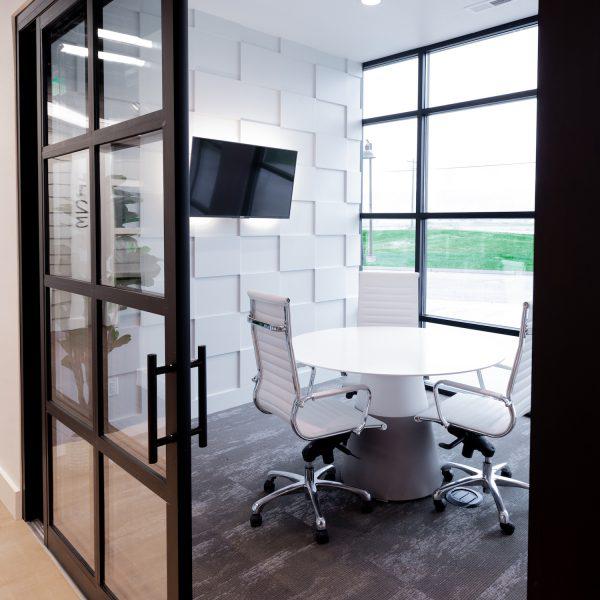
Once your lot, type of home and features are chosen, you’ll know your actual home costs and you very well may experience some sticker shock. But if you prioritize your wish list and give enough thought to the price point back in Step 1, it will be much less stressful to make hard budget decisions and avoid disappointment at this stage of the building process.
Once you know which priorities your budget can accommodate, it’s time to drill down. This is when you start filtering through different build options according to budget to make sure it is overstretched. Sometimes people don't know their budget and that's totally fine. They don't know that they're willing to spend a certain amount of money until they see what the options are.
After seeing design options homeowners may decide to use their budget for a feature or appliance they hadn’t previously considered. Find a builder that will work with you to find a happy medium by suggesting moving up in price for that item and scaling back on something else. Ultimately, it’s about finding a builder who is willing to guide you through that process and understanding that it may take time to make these decisions.
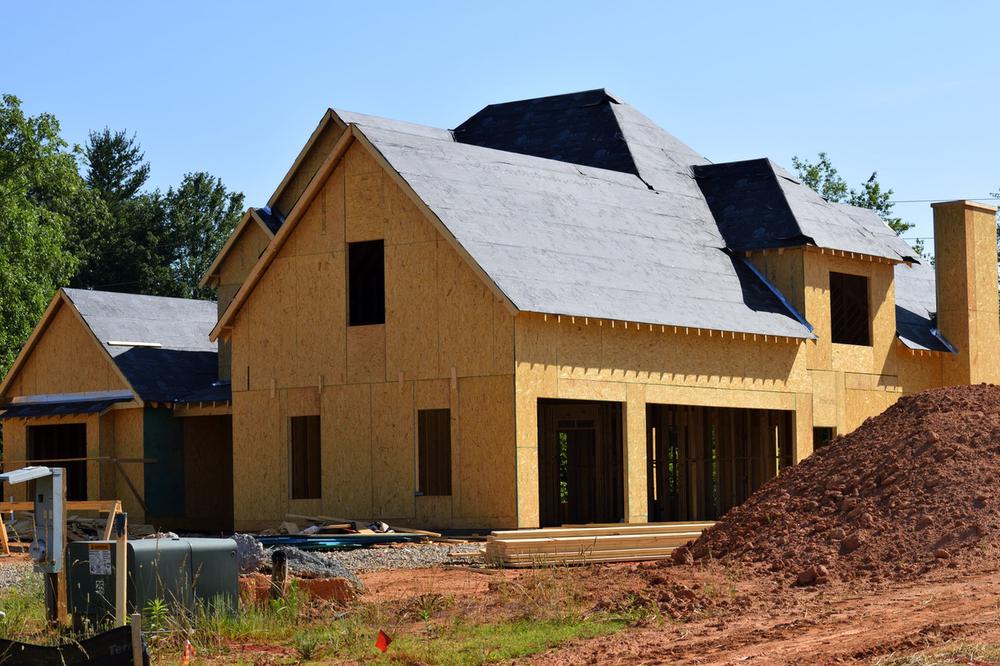
In this phase the homeowner will ideally be more hands off leaving everything in the hands of the home builder. This is where all of that planning, designing, and budgeting you did in previous steps will allow for the construction project managers to effectively and efficiently do their jobs.
Building Timeline
1. Groundbreaking and foundation work
2. Exterior framing and roof
3. Electrical, HVAC and plumbing rough-ins
4. Insulation
5. Drywall
6. Interior finishes: flooring, hardware, fixtures, painting, outlets
7. Exterior finishes
8. Landscaping
9. Final inspection and walk-through
There shouldn’t be a tremendous amount of homeowner involvement at this point because it's all pre-planned. We recommend getting everything 90-100% decided upon in terms of selections and design choices prior to breaking ground on new builds. This is the time for homeowners to sit back and enjoy while their dream home comes to life!
Now that you know all a new home build entails, are you ready to take the plunge? Visionary Homes is hear to help you every step of the way from picking out your dream lot to designing the perfect mud room to come home to on snow days. Fill out the form below or give us a call at (435) 228-4702 to get started on your dream home!
The post What to Expect When Building a New Home appeared first on Visionary Homes.